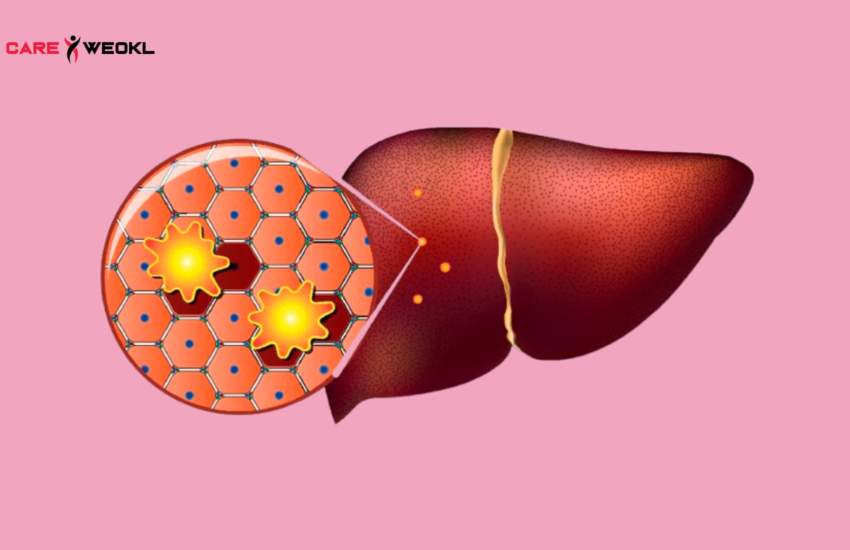The Nose Knows: Unraveling the Enigmatic Link Between Your Sense of Smell and Mortality
The sense of smell is a vital but often overlooked aspect of human health. Recent research has uncovered fascinating links between our olfactory abilities and overall health, particularly in relation to mortality. This article delves into the mysterious relationship between our sense of smell and life expectancy, and highlights why taking care of your nose is more important than you think.
- The Science of Smell
The olfactory system, responsible for our sense of smell, is closely linked to the brain. The olfactory nerve connects directly to areas of the brain involved in memory and emotion, such as the hippocampus and amygdala. This unique connection means that changes in your sense of smell can reflect broader neurological health.
- Loss of Smell as a Health Indicator
A decreased sense of smell, known as anosmia, can be an early sign of a variety of health problems. Conditions such as Alzheimer’s disease, Parkinson’s disease and even certain types of cancer have been linked to changes in olfactory function. In many cases, a loss of smell can precede other symptoms, making it a crucial early warning sign.
- Studies Linking Smell to Mortality
Several studies have found that a poor sense of smell is associated with an increased risk of death. For example, a study published in the Annals of Internal Medicine found that older adults with a poor sense of smell were more likely to die within a decade than those with normal smell function. This association remains significant even after accounting for other factors such as age, sex, and overall health.
- Possible Explanations
The association between smell and mortality may be due to several factors. First, the sense of smell is essential for detecting hazards such as smoke, spoiled food, and gas leaks. Second, a decline in smell function may reflect underlying damage to body systems, including the brain and immune system. Finally, a poor sense of smell can affect appetite and nutrition, leading to poorer health outcomes.
- Smell and Aging
While a gradual decline in the sense of smell can be a normal part of aging, rapid loss should prompt medical evaluation. It is important to distinguish between age-related changes and those that indicate serious health conditions.
- Improve Smell Health
Maintaining olfactory health involves addressing factors that can impair your sense of smell. Avoiding smoking, managing allergies, and seeking treatment for sinus infections can help preserve your olfactory function. Additionally, regular checkups and paying attention to changes in your sense of smell can help detect potential health problems early.
The Bottom Line
Your sense of smell isn’t just a way to enjoy pleasant scents; it’s a window into your overall health. Recognizing the signs of a declining sense of smell and understanding its effects can lead to early diagnosis and intervention for a variety of health conditions. By staying in tune with the messages your nose is sending, you can take proactive steps toward maintaining your health and well-being.



